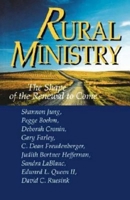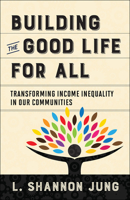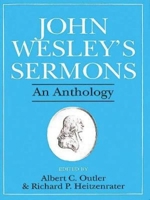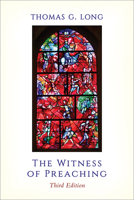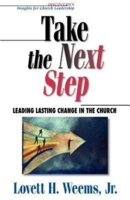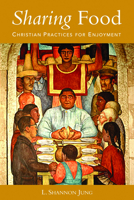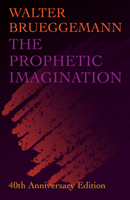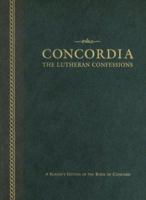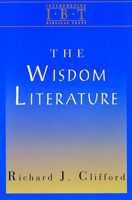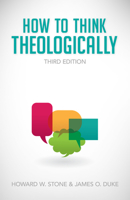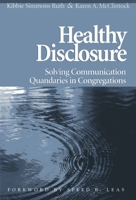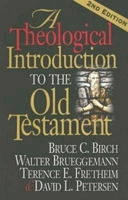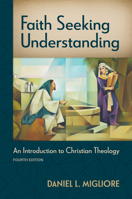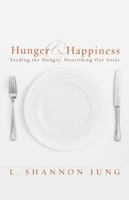We Are Home: A Spirituality of the Environment
Select Format
Select Condition 
You Might Also Enjoy
Book Overview
With this timely book, Dr. Jung invites everyday readers to conceive of themselves not as "other", but as one with God, other people, animals, and plants that share the Earth. Passionate but not preachy, hope-filled but not guilt-driven, this book puts a unique spin on environmental issues and will make stimulating reading for all who ponder their responsibilities to the biosphere. This description may be from another edition of this product.
Format:Paperback
Language:English
ISBN:0809133644
ISBN13:9780809133642
Release Date:January 1993
Publisher:Paulist Press
Length:170 Pages
Weight:1.30 lbs.
Dimensions:0.5" x 5.4" x 8.0"
More by L. Shannon Jung
Customer Reviews
5 customer ratings | 5 reviews
There are currently no reviews. Be the first to review this work.













